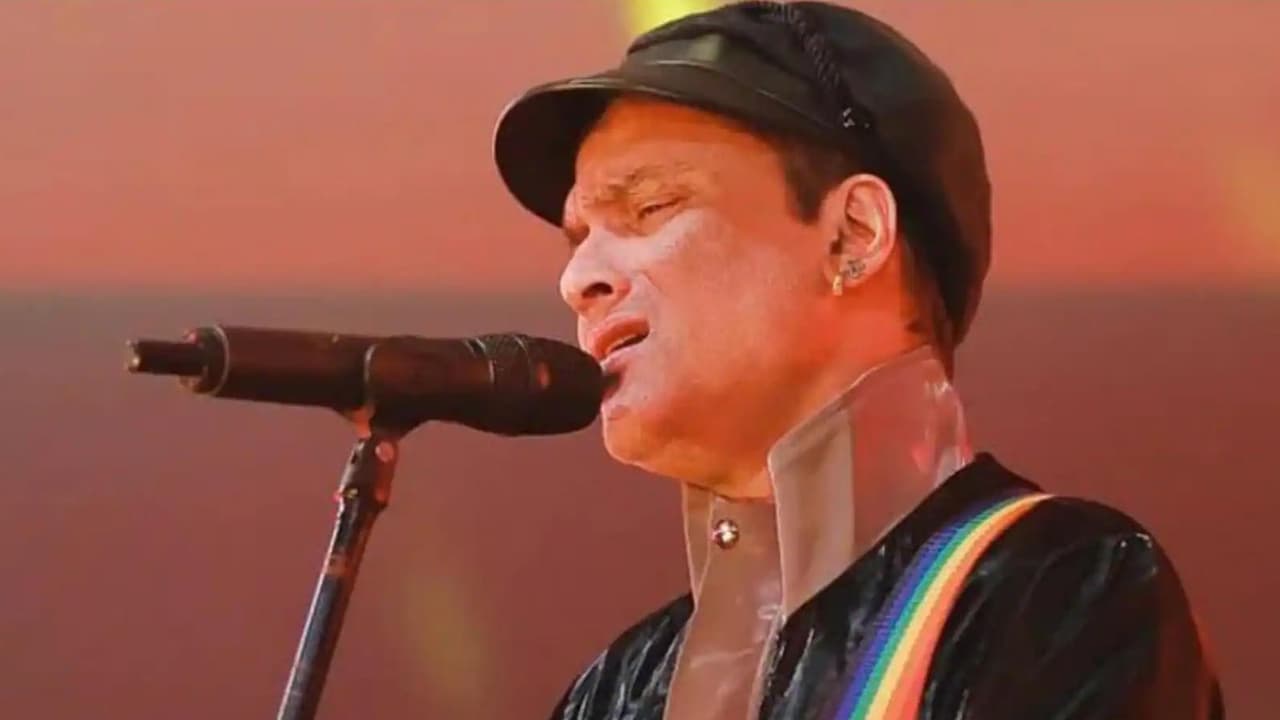Beloved Assamese cultural icon Zubeen Garg was cremated with full state honors on September 23 following his sudden death. His passing prompted a massive public outpouring of grief, with thousands of mourners gathering to pay respects
The people of Assam came together in an outpouring of grief and reverence on September 23, as the state bid farewell to its most beloved cultural icon, Zubeen Garg. The legendary singer and composer, whose sudden passing has left an irreplaceable void in the region’s artistic soul, was cremated at his ancestral village of Kamarkuchi in Sonapur with full state honours. The ceremonies, solemn yet deeply emotional, were marked by massive public gatherings that reflected the sheer scale of his influence.
The Assam Police carried his coffin along the highway, performing the role of pallbearers before offering a gun salute in tribute to a life that had become synonymous with the cultural heartbeat of the state.
A Sea of Mourners in Guwahati
The morning began with Garg’s mortal remains being taken to the Arjun Bhogeswar Baruah Sports Complex, where thousands braved the blistering heat to pay their respects. The queues stretched endlessly, with lakhs of admirers arriving not just to see him one last time but to honour the music that had defined their lives.

One of the most poignant moments came when his four beloved dogs—Iko, Diya, Rambo, and Maya—were brought by his family to bid their final farewell. The sight of his wife, Garima Garg, gently holding the pets close as they were led to the glass casket, left many in tears. It was a reminder that Zubeen’s love extended far beyond the stage, touching even the smallest details of his personal world.

Tributes from Leaders and Admirers
Chief Minister Himanta Biswa Sarma personally oversaw arrangements at the cremation site. In his words, Zubeen was not merely a singer but a cultural icon who gave Assam an identity beyond its borders. He stressed that there would never be another artist quite like him, underlining how Garg’s music transcended generations and genres to become an inseparable part of Assam’s identity.

The official tributes echoed the sentiments of ordinary people who stood for hours to say goodbye. From folk songs to chartbusters, Zubeen Garg was not just an artist but a movement—his voice a bridge between tradition and modernity, his presence a reassurance of Assamese pride in a changing world.
A Legacy That Lives On
As the state performed its final rites, what became clear was that Zubeen Garg’s influence will not be measured only by his songs, but by the cultural unity he inspired. His farewell was not merely the end of a life but the affirmation of a legacy—one that will continue to live in the hearts of millions who grew up with his music as the soundtrack to their joys, struggles, and dreams.
Assam has lost its voice, but Zubeen’s melodies will linger, eternal and unbroken.
